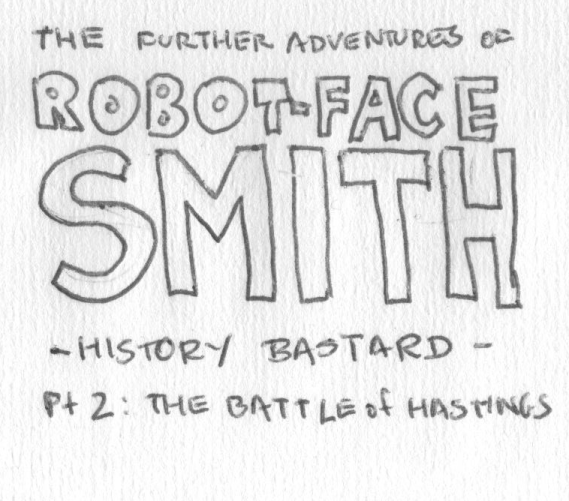
People will tell you that people in the ancient and medieval world drank booze all the time because the water wasn’t safe, which isn’t 100% true. Some water sources were reasonably safe, and many people, of course, drank unsafe water and got sick, reminding us that just because something is practical and smart doesn’t mean people actually did it. But it is true that people in the pre-modern era drank to a level that most of us would consider worrying today.
Take, for instance, this amazing document from 18th-century Philadelphia. On 14 September 1787, right at the end of the Constitutional Convention, George Washington was leaving the city and the First Troop, Philadelphia City Cavalry threw a big good-bye party for the beloved general. There were 55 guests, together with 16 servants and musicians, and the bill for the party has been preserved, itemising exactly how much they drank. Here it is, reproduced from Teaching American History:
Light Troop of Horse, September the 14th 1787
To Edwd Moyston .. Dr. To 55 Gentlemans Dinners & Fruit – Rellishes, Olives etc……………………………………….. 20 12 6 – 54 Bottles of Madera………………………………………. 20 5 – 60 of Claret ditto…………………………………………… 21 – 8 ditto of Old Stock………………………………………… 3 6 8 – 22 Bottles of Porter ditto…………………………………. 2 15 – 8 of Cyder ditto…………………………………………….. 16 – 12 ditto Beer………………………………………………… 12 – 7 Large Bowels of Punch…………………………………. 4 4 – Segars Spermacity candles etc…………………………. 2 5 To Decantors Wine Glass [e]s & Tumblers Broken etc.. 1 2 6 To 16 Servants and Musicians Dinners…………………… 2 – 16 Bottles of Claret………………………………………… 5 12 – 5 ditto Madera………………………………………………. 1 17 6 – 7 Bouls of Punch……………………………………………. 2 16
The total came to £89.4s.2d, which was a colossal sum in 1787. Although that’s an interesting point in itself, I’m mainly interested here in the quantities of booze drunk. For starters, that’s 114 bottles of wine between 55 guests, or more than two bottles a head, not to mention all the beer, porter, whiskey (it has come to my attention that that’s what the “Old Stock” is), cider and punch. It’s hard to imagine a modern-day statesman getting two bottles of Bordeaux down him without being front page news the next day, like that time George HW Bush heaved all over the Prime Minister of Japan. But if you look at other dinner menus from the 18th century, this isn’t that crazy. I mean, it’s on the high side — this being a big party and all — but it’s not totally outrageous. We’re left with an image of a world in which many perfectly respectable people were what we today would considered hardened alcoholics.
However …
… just as a historian, I have to sound a couple of warning notes. Now, I am not a specialist in this period, and I’m not going to do the research on this while sitting in bed in my dressing gown. But before I condemn the Founding Fathers as a bunch of boozehounds (not that there’s anything wrong with that), I need to ask:
- How was the bill created? Like, is this a list of all the bottles ordered from the tavern for the meal as a running total, or is it a list of supplies laid in for the party? If it’s the latter, some of the bottles may have been ordered but not necessarily drunk.
- How big are these bottles? Obviously, when you and I say “a bottle of wine” we’re talking about 700 ml, but that wasn’t necessarily the case in the 18th century. A quick survey does seem to suggest that most wine bottles were a “reputed quart,” which in the 18th century seems to have been about 750 ml, but there are also examples that are as small as 400 ml, so there’s that.
Actually, on the other hand, looking at the prices, I have to wonder about the size of the beer bottles. A bottle of beer costs £1? In 1787? It had better be huge. However, I think that’s probably a mistake in the way the table is formatted — not by me, that’s how it looks on the TAH site. Come to think of it, the individual prices don’t add up to the total, which suggests that maybe that £1 per bottle of beer is actually 1s that got shifted a column over by mistake.
In the end, it doesn’t matter that much. Assuming that there were some guests who stuck to beer or cider, we’re still talking about the wine drinkers killing off quite a lot of wine as individuals. It was a party, of course, but to the untrained eye it seems to me like a hell of a lot. I believe in the catering trade they say a person will drink two drinks (beers, cocktails, glasses of wine) in the first hour of a party and one per hour afterward; if that’s true, it seems that the standard has fallen since 1787.







































